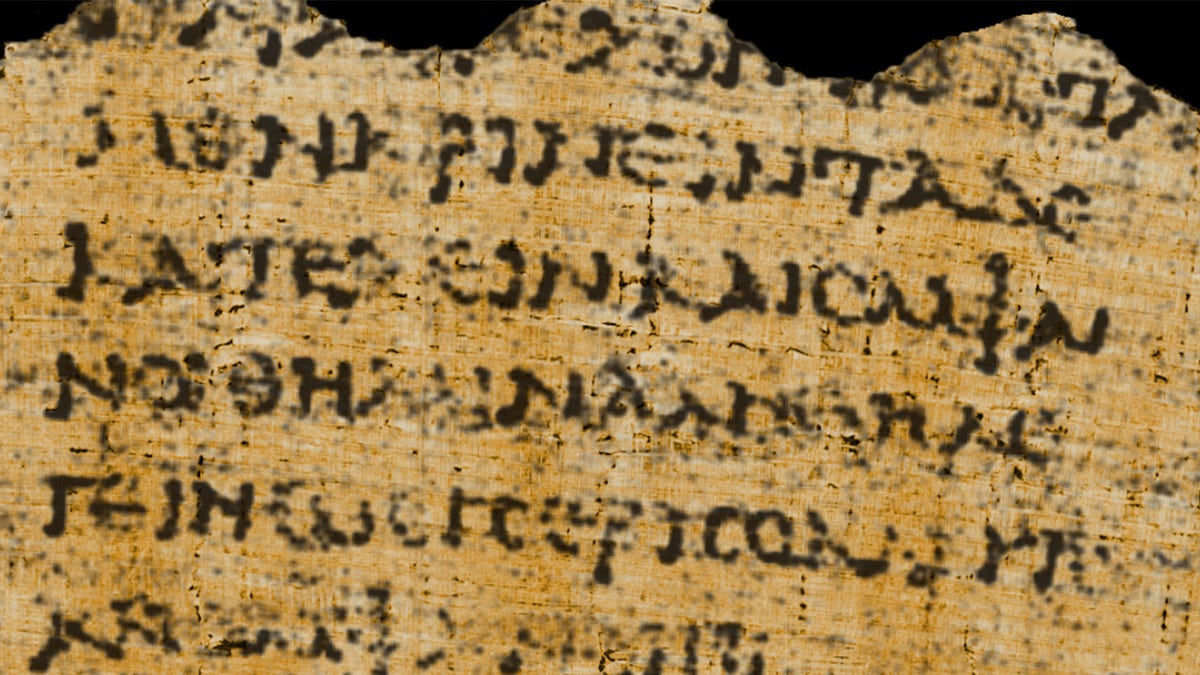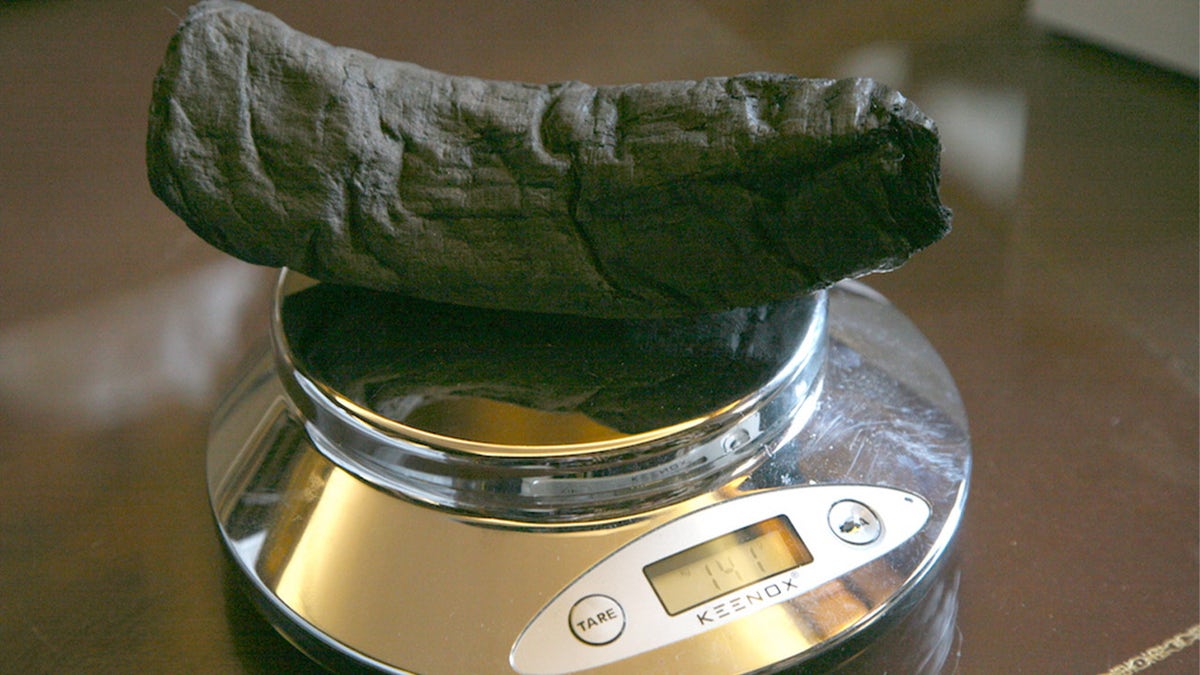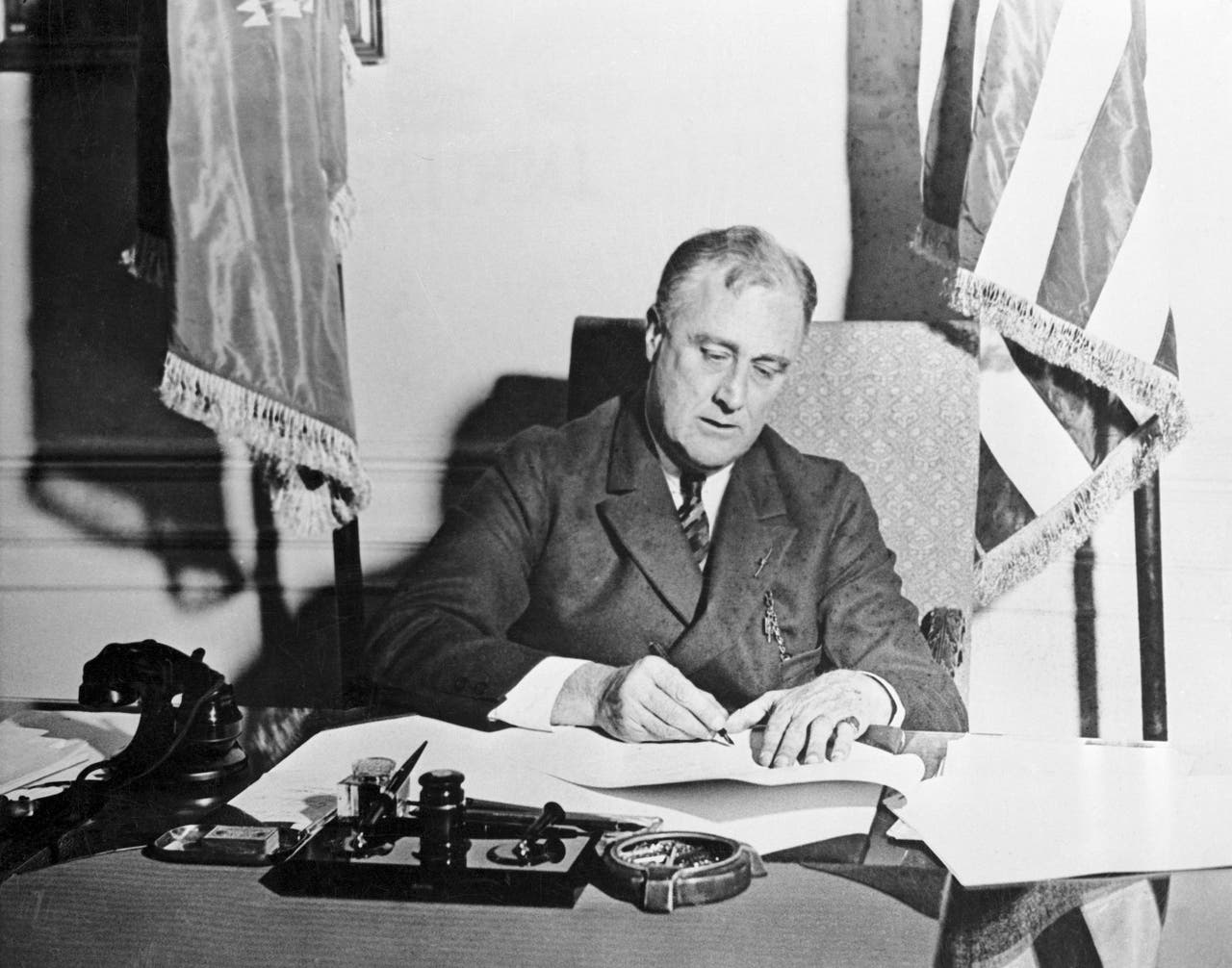A set of ancient texts burned by the volcanic eruption on Mount Vesuvius in 79 A.D. have been deciphered thanks to a team of researchers using AI.
The nearly 2,000-year-old texts were unreadable after being charred in a villa in Herculaneum, a Roman town near Pompeii.

The texts were discovered in an ancient villa in the town of Herculaneum. (Vesuvius Challenge)
Believed to have been owned by the father-in-law of Julius Caesar, the texts were carbonized by the heat of the volcanic debris.
The ancient texts remained undiscovered for centuries until an Italian farmer discovered the villa in the mid-eighteenth century.

Approximately 5% of the scrolls have been decoded. (Vesuvius Challenge)
Many of the scrolls, which are extremely delicate, were destroyed by early attempts to unroll them. They were found to contain philosophical texts written in Greek. Hundreds more remain unopened and unreadable.
A breakthrough came last year when Dr. Brent Seales led a team at the University of Kentucky to use high-resolution CT scans to unroll the texts. Still, the black carbon ink on the scripts left them indecipherable from the papyrus itself.
“As too in the case of food, we do not right away believe things that are scarce to be absolutely more pleasant than those which are abundant,” the author writes, asking the question of whether it is easier for us to do without that things that are plentiful.
“Such questions will be considered frequently,” the author writes.
Bradford Betz is a Fox News Digital breaking reporter covering crime, political issues, and much more.

